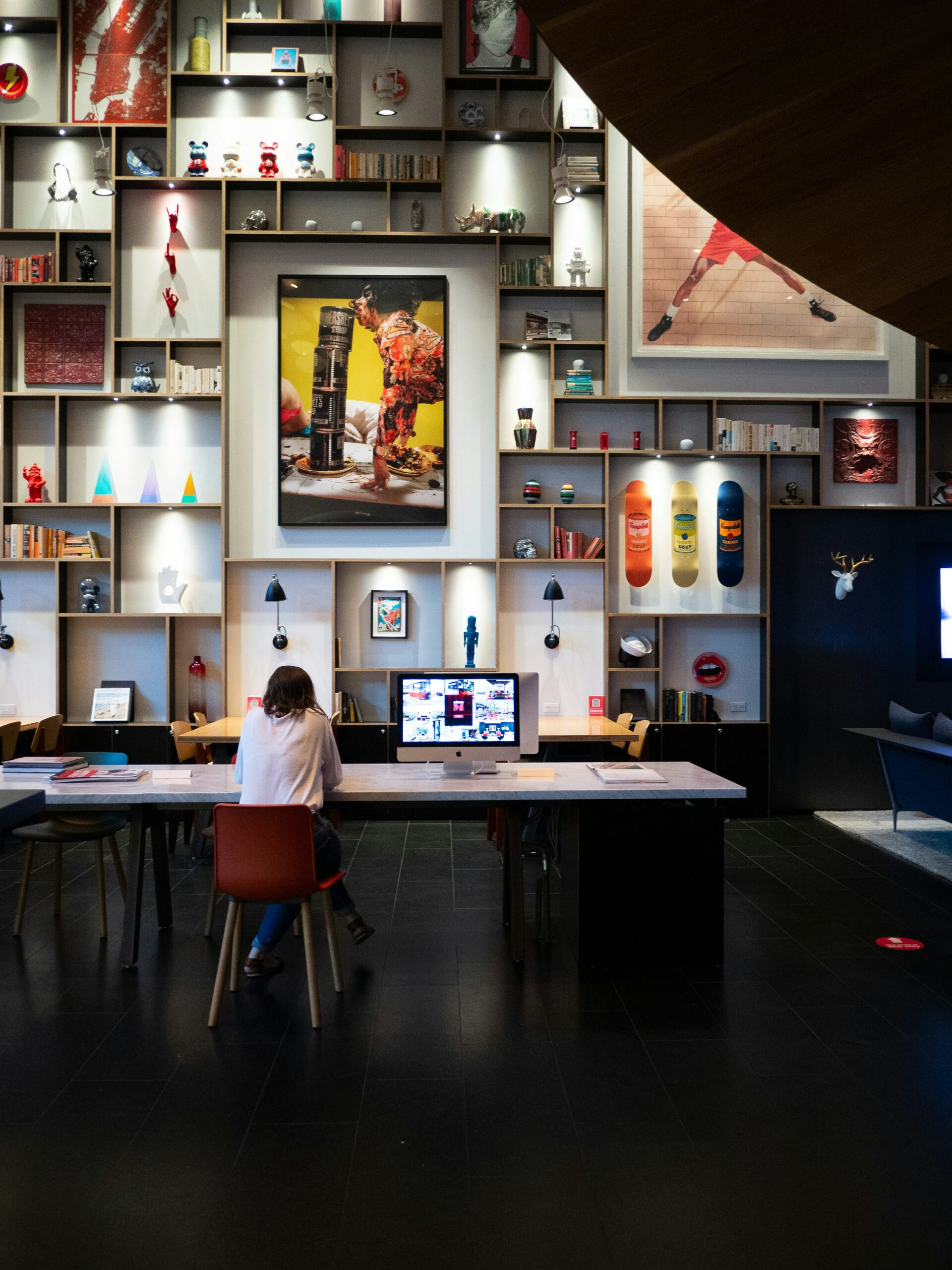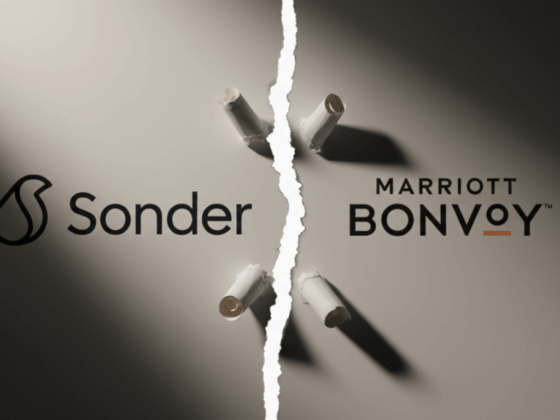Soundtrack for this article:
Marriott International
has acquired
citizenM hotels
for $355 million. At this point, everyone and their dog in the industry knows it.
You can find the fine print everywhere, but here’s the core: citizenM will retain ownership of its real estate while plugging into Marriott’s development juggernaut and its Bonvoy loyalty program. Expansion? Already mapped out, already aggressive.
And this is where my personal connection with citizenM comes in.
For years, I’ve told my MBA students the same thing: I spend about 100 nights a year on the road. Over 1,500 hotel stays across every brand you can name. And not once—not once—did I experience a check-in that felt genuinely human. Until citizenM.
One night, while clumsily navigating a self-check-in kiosk, an ambassador came up and said:
“I can either check you in, or you can finish, and I’ll grab you a beer.”
Guess what I chose?
We ended up sharing a couple of IPAs and, more importantly, a real conversation—not a sanitized, transactional script. That night, I spent more on ancillary revenue than I ever had before in any hotel. But that wasn’t the point. For the first time in a long time, I felt seen. Not processed. Not filed into a PMS. Not reduced to a confirmation number or a passport scan.
That, for me, has always been the essence of citizenM: frictionless, human, authentic.
So while I’m happy for the friends involved, I can’t pretend to be thrilled.
Because here’s the worry.
If you, like me, are a graying punk rocker, you know who Fugazi is. And you know what they stood for.
Fugazi wasn’t about platinum albums or global tours or a media machine pumping out hype. They charged five dollars for shows, ten dollars for albums. No flashy merch, no corporate sponsorships, no algorithm-driven bullshit. They built Dischord Records—a fortress of DIY ethics—and made their live shows available online as pay-what-you-want downloads decades before it was cool. They turned down multi-million-dollar reunion offers (including one reportedly north of $3 million for a Coachella appearance) because they refused to commodify what they had built. As Ian MacKaye put it:
“We weren’t trying to build a legacy. We were trying to live according to our values.”
citizenM, to me, has always been the Fugazi of hospitality. Refusing the bloated, performative rituals of so-called “luxury.” Stripping the guest experience down to something raw, essential, real.
And now that they’re under Marriott’s sprawling corporate umbrella, I can’t help but wonder:
Will citizenM stay true to its radical spirit? Or will it morph into the Blink-182 of branding? Catchy, polished, profitable, and ultimately domesticated? (I mean, I can enjoy “What’s My Age Again?” or “All the Small Things” when they randomly pop up on the radio, but actually buying the album? That’s a whole different story…)
The hospitality industry is a cemetery of brands that started out rebellious, only to be slowly, inexorably sanded down by the very system they once opposed.
This sense of bittersweet betrayal isn’t new to me. I felt the same when
BrewDog
, a brand I once revered, sold a part of its soul.
Everything about BrewDog spoke to me: the DIY ethos, the anarchic marketing, the refusal to play by anyone else’s rules. “Business for Punks” by
James Watt
didn’t just inspire me, it rewired the way I think about business. Crowdfunding campaigns built brick by brick by their own fans. Equity for Punks, turning customers into shareholders. Advertising stunts that gave a giant middle finger to corporate orthodoxy: taxidermied squirrels stuffed with bottles of beer, “anti-corporate” manifestos dropped like bombs in the financial districts they were meant to provoke…
It wasn’t just beer—it was rebellion in liquid form. And yet, after the (even though, partial) sale, the taste changed. Not in the hops or the malt, but in the soul of the thing. Now I can’t really drink a Punk IPA without feeling like a bit of a sellout myself…
As per citizenM, I’ll be watching closely. Because in a business obsessed with scaling at all costs, it’s rare (and increasingly precious) to see a brand grow without losing its soul.
Or, to paraphrase Ian MacKaye:
Marriott, you are not what you own.









